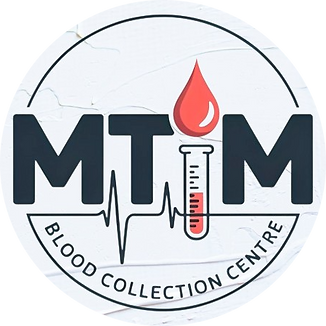UREA & CREATININE
This is a Kidney Related Tests
Service Description
1. Blood Urea Nitrogen (BUN) Test What it measures: The BUN test measures the amount of urea nitrogen in the blood. Urea is a waste product formed when the body breaks down protein. The kidneys are responsible for filtering urea from the blood and excreting it in the urine. Normal Range: Typically, the normal BUN level is between 7 to 20 milligrams per deciliter (mg/dL). The exact range can vary slightly depending on the lab. Elevated BUN: High levels of BUN may indicate kidney dysfunction, dehydration, excessive protein intake, or other conditions affecting the kidneys such as kidney disease, heart failure, or gastrointestinal bleeding. Low BUN: Low levels are less common but may be seen in conditions like malnutrition, liver disease, or overhydration. 2. Creatinine Test What it measures: Creatinine is a waste product produced by muscles from the breakdown of creatine. It is filtered by the kidneys, so measuring creatinine levels helps assess how well the kidneys are functioning. Normal Range: For adults, normal levels typically range from: 0.6 to 1.2 mg/dL for men 0.5 to 1.1 mg/dL for women These ranges may vary slightly based on age, muscle mass, and laboratory standards. Elevated Creatinine: High levels suggest kidney dysfunction or kidney disease, as the kidneys are not filtering out creatinine properly. Elevated creatinine can also be caused by conditions like dehydration, muscle injuries, or certain medications. Low Creatinine: Low levels are less common but can indicate decreased muscle mass or certain medical conditions like malnutrition. BUN-to-Creatinine Ratio What it tells us: The ratio between BUN and creatinine can provide additional insights into kidney function or identify the cause of kidney problems. A normal ratio is generally around 10:1 to 20:1. If the ratio is high, it may suggest dehydration, gastrointestinal bleeding, or high protein intake. A low ratio could indicate kidney damage or disease. Interpreting the Results Kidney Function: Both BUN and creatinine levels help gauge how well the kidneys are filtering waste. If both levels are elevated, it may indicate kidney damage or dysfunction. Hydration Status: High BUN levels alone, without a high creatinine level, can suggest dehydration rather than kidney disease. Chronic Kidney Disease (CKD): Chronic increases in both BUN and creatinine are typically indicative of long-term kidney problems.
Contact Details
Nadia, West Bengal, India

.png)